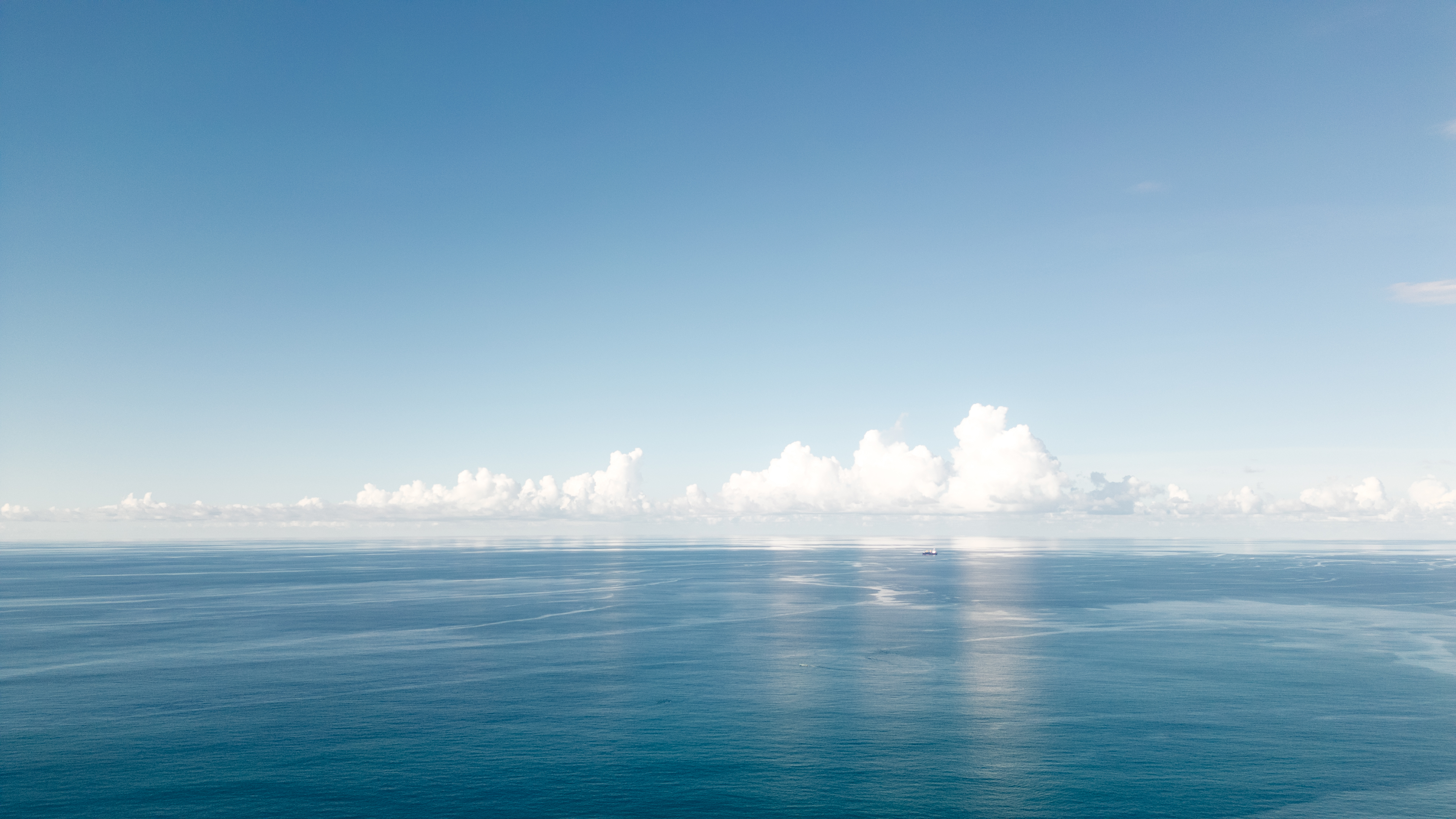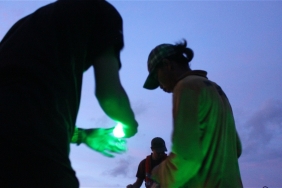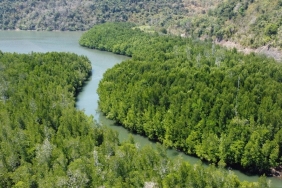GOOD RESOURCE MANAGEMENT IS NEEDED TO AVOID WATER CONFLICTS
Jakarta - To coincide with World Water Day, which is celebrated annually on March 22, global conservation organization WWF released a new report titled "Water Conflict - Myth or Reality". The report analyzes the facts surrounding water conflicts and the steps that need to be taken to avoid future damage from so-called "water wars."
It is currently estimated that only 0.3 percent of the world's clean water is available to supply human needs, and 60 percent of that amount comes from 9 countries: Brazil, Russia, China, Canada, Indonesia, India, Columbia, the Democratic Republic of Congo, and the United States.
As the world's population continues to grow, the increasing demands of the agriculture, energy, and hydropower industries, other business sectors, and households are pressures that threaten the sustainability of clean water systems. Worsening climate change, which makes availability less predictable and use more frequent, widespread droughts and floods. Water scarcity affects at least 2.7 billion people per month every year. This conclusion is based on recent research from WWF, The University of Twente, Water Footprint Network and The Nature Conservancy.
"The intensification of the global water crisis will lead to increased public health costs, reduce economic growth, exacerbate ecological problems, and lead to increased global political temperatures and social problems, potentially leading to conflict," said Tri Agung, WWF-Indonesia's Freshwater Conservation Coordinator, summarizing the analysis released by WWF Germany. .
Last week (from 12 to 17 March 2012), Ministers or relevant officials representing 140 countries convened in Marseille, France to discuss key water issues. The meeting was an opportunity for policymakers to take steps to save this resource that is necessary for all living beings.
"History shows that cooperation is a necessary and key response to water scarcity, but cooperation also requires strong leadership," said Tri Agung Rooswiadji, National Coordinator of WWF-Indonesia's Freshwater Conservation Program. .
WWF recommends - particularly at the World Water Forum meeting - that governments in the various countries present sign up to the UN Convention on Watersheds. This convention will provide equitable guarantees for water governance systems between countries that cross watersheds at international borders, which is critical to avoiding or de-escalating future water conflicts. WWWF recommends - particularly at the World Water Forum meeting - that governments in the various countries present sign up to the UN Convention on Watersheds.
While promoting the convention, governments should develop and sign new agreements on transboundary water cooperation, as well as promote existing agreements and, further, develop and implement plans for allocating water availability at the local level. .
Political and business decisions on food security, water security and energy must be informed by integrated information and policy options developed with experts in agriculture, trade, energy, climate and water sectors. Equally important, investment is needed in building strong water governance institutions that can then collect data, provide robust technical information and implement these decisions.
Conflicts of interest in the utilization of water resources are inevitable now and in the future; actions taken by government, industry and researchers will be able to mitigate the complexity and violent conflicts that will be caused.
The full analysis entitled "Water Conflict, Myth or Reality" can be downloaded at http://www.mediafire.com/?6sj8sbvodbypcq8.
Further information contact:
Tri Agung Rooswiadji, National Coordinator of WWF-Indonesia's Freshwater Conservation Program, trooswiadji@wwf.or.id





